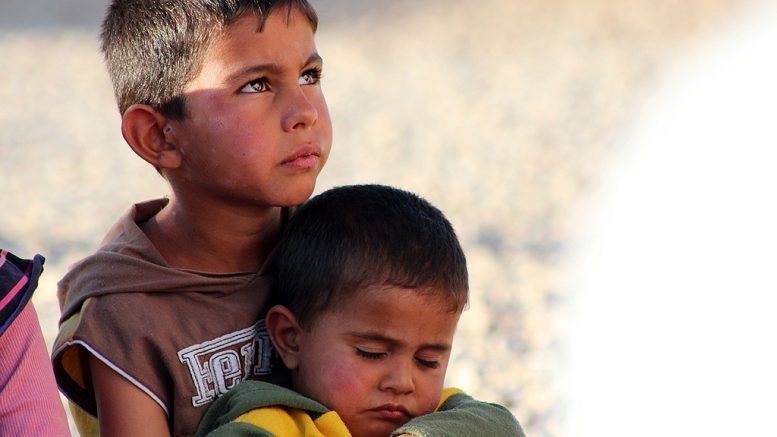Significantly, despite its decision, the Ninth Circuit wrote in its opinion that “having an unrepresented minor in immigration proceedings poses an extremely difficult situation” and that “there are limited—and already more than stretched—pro bono resources available to help unaccompanied minors navigate the removal process.” One judge on the Ninth Circuit panel wrote separately to “underscore that the Executive and Congress have the power to address this crisis without judicial intervention” and to call on Congress and the Executive to act now in order “[t]o give meaning to ‘Equal Justice Under Law.”
Although the Ninth Circuit decision marked a setback in the case, it is important to recognize that since this lawsuit was filed, the government has taken important steps to address the plight of unrepresented children in deportation proceedings. Since July 2014, the government has dramatically pulled back on “rocket dockets”—sped-up proceedings against children fleeing extreme violence in Central America—by affording children more time to prepare their cases and find lawyers. In addition, over the past two years, the government has devoted tens of millions of dollars to funding lawyers for children. Much more is needed, but these efforts are beginning to address the grave situation of leaving tens of thousands of children to represent themselves in immigration court.
The groups who brought the litigation will continue the fight to keep the courthouse doors open for unrepresented children by calling upon the full Ninth Circuit to review the recent decision. Unless and until the Executive or Congress act, for thousands of children, this is their only real opportunity to seek appointed counsel in their immigration proceedings.
Source: immigrationimpact.com





Be the first to comment on "Ninth Circuit Finds Court Has No Authority to Hear Lawsuit Seeking Access to Counsel for Children"